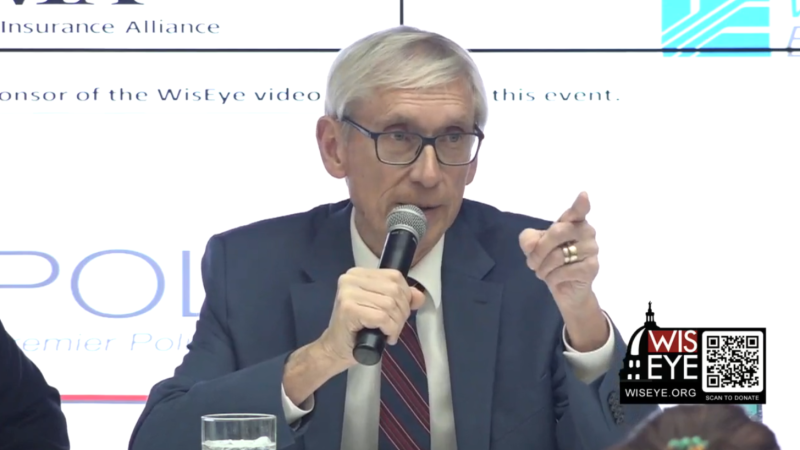Gov. Tony Evers at a WisPolitics luncheon said tariffs on Canada, Mexico and China will have a negative impact on Wisconsin and possibly reduce the state’s projected $4.3 billion surplus.
President Donald Trump’s proposed 25% tariffs on Mexican and Canadian imports officially took effect Tuesday after they were delayed for a month. That’s along with a 20% tariff on Chinese imports. Trump has said...
Please log in to access subscriber content.
If you don't have a subscription, please contact schmies@wispolitics.com for subscription options on the WisPolitics-State Affairs platform, which is the new home for WisPolitics subscriber products.


